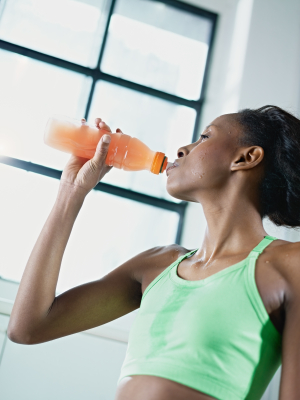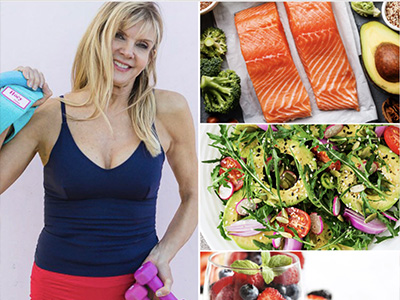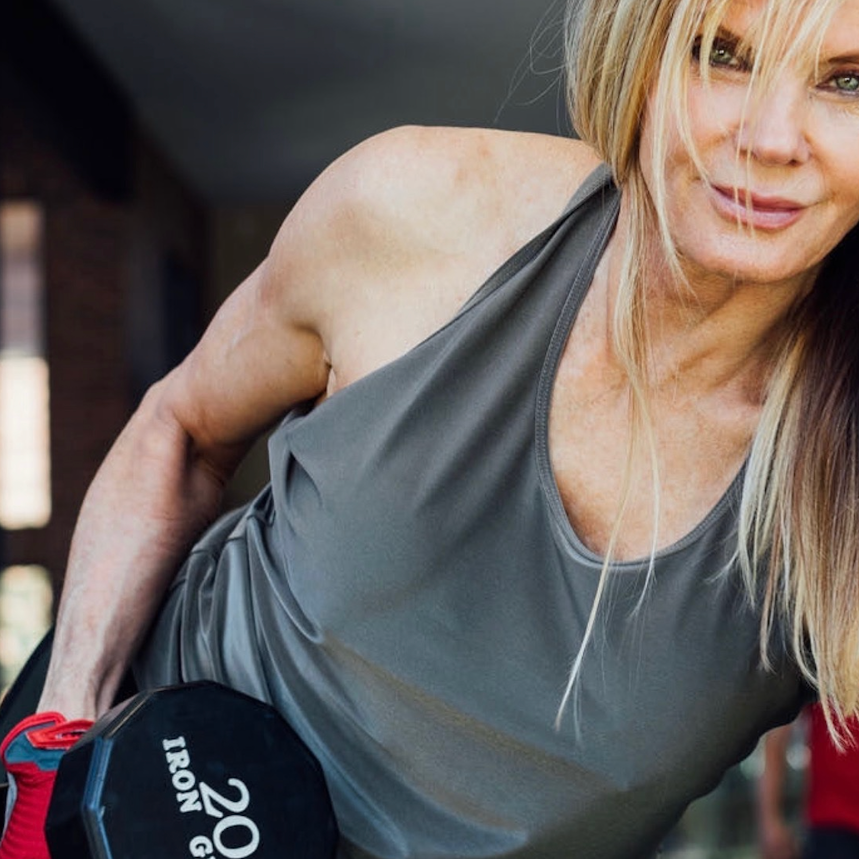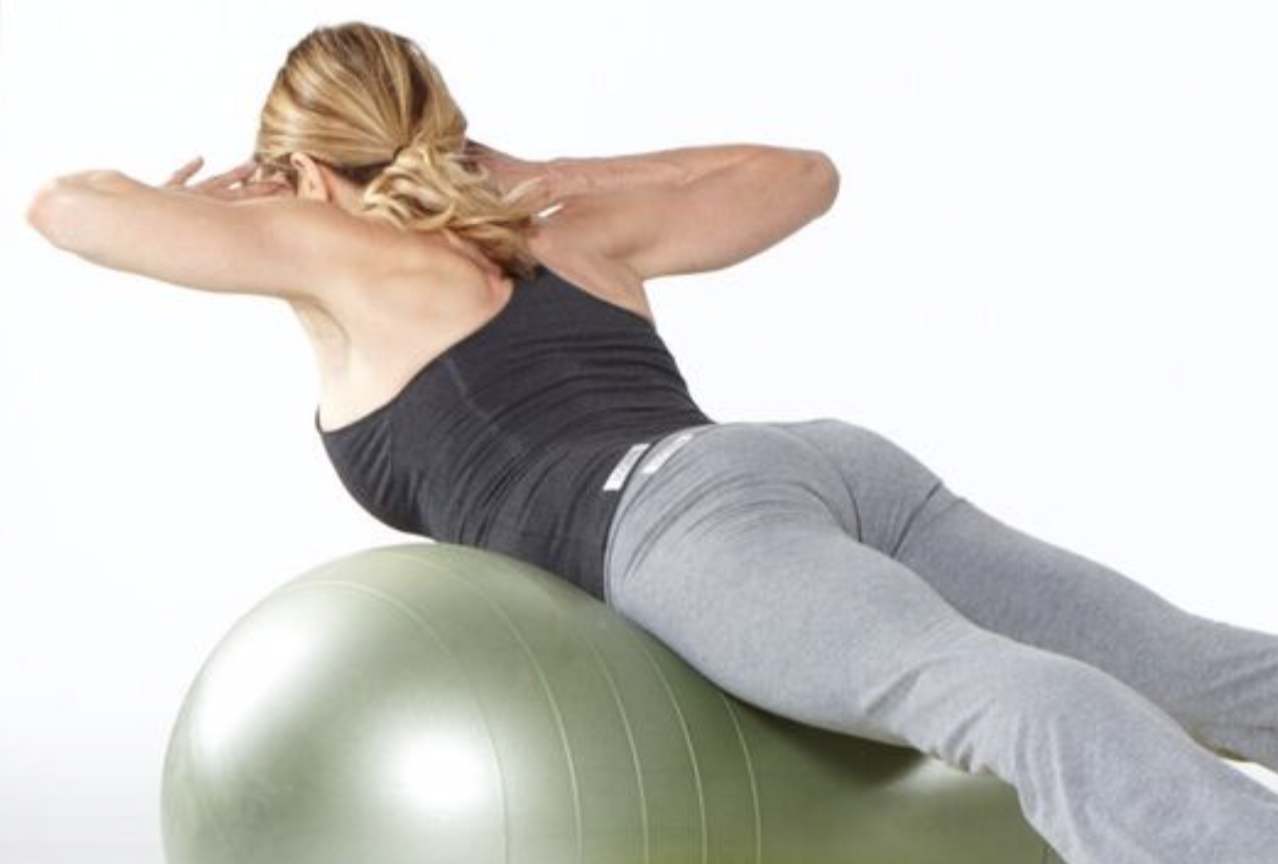What You Need To Know About Energy Drinks
I talk a lot about the issue of energy – how important it is and, occasionally, how elusive it can seem. Energy is a lot like money: No matter our lifestyle or age, we’d all like to have more of it. And, as you may know by now, I’m a big believer that we can all attain a life full of energy and vitality. So, what role do energy drinks play in all of this?
Energy drinks are clearly a booming industry. We’re bombarded with ads for beverages and potions that supposedly provide “rock star” and “monster” energy. The key component, of course, is caffeine – which is a “mixed bag” ingredient, to say the least. Let’s take a closer look at this “energy-in-a-bottle” so you can make a healthy decision if energy boosters are right for you:
- Why are energy drinks so popular? Energy drinks like Red Bull were initially developed for and marketed to students, and it makes sense. Many young people need a boost to pull all-nighters, whether it was for studying for finals or partying at the local fraternity or sorority party. And, for the large population of people, from parents and grandparents, looking to keep up with their kids, having “monster energy” appeals to a to boomers who simply don’t want to slow down.
- Are they all bad? Some energy drinks do contain some beneficial ingredients, like taurine, a natural amino acid that helps regulate heartbeat and muscle contractions, and B Vitamins, which help the body’s cells produce energy. The downside, of course, is that energy drinks often pack enough caffeine to create a “jittery” effect on those of us who are more sensitive to caffeine, not to mention a heavy dose of sugar, which contributes to the “high” you get from energy drinks – and also leads to the eventual energy “crash” often associated with them. Sure, there are sugar-free options, but those usually include artificial sweeteners, and plenty of chemicals.
- What about coffee? Coffee has enjoyed a great deal of positive press in recent years, in large part due to studies suggesting that java may reduce the risk of diabetes, Alzheimer’s, and heart failure. So, if you’re already a habitual coffee drinker, you may not have much to feel guilty about. Just make sure you’re skipping the sugar, and try adding unsweetened almond or coconut milk instead of the regular stuff. But if your Starbucks fix is giving you a little too much of a jolt (or, even worse, leading to sleepless nights), keep reading.
- What about other sources of energy? My favorite source of caffeine, is the classic (and milder option), green tea. A cup from time to time gives me a pleasant, cheerful “high,” a nice dollop of catechins (an antioxidant linked to stress relief and clear thinking that may even inhibit the growth of some cancers), without much energy drop afterward. The trick is to use green tea (my preferred “energy drink”) as an occasional treat and boost rather than a daily crutch.
- What role do herbs play? I’ve got another “energy drink” in my repertoire that’s all natural and, surprise: totally caffeine free. I love to start my day with a cup of hot water with some fresh lemon, ginger, cayenne, tumeric, and a squirt of kyolic (garlic without the smell). Remember, these aren’t just spices for jazzing up your cooking: They’re actually natural stimulants that can serve as a bright, smooth, “clean” source of energy – meaning, of course, no jittery side effects.
- How about an energy source that’s not found in a cup? First thing in the morning, before you even get out of bed, try my full-body energizer technique: Lying on your back, start by focusing on your left foot, progressively contracting and releasing every single muscle on each side of your body for about five seconds each… all the way up to your forehead. Once you’ve worked your way from top to bottom once, do a full-body “burst,” tensing all the muscles in your body simultaneously, holding it for ten seconds and then… release!
- And how about exercise? Exercise, you say? Well, I’m so glad you asked. It’s a funny thing about energy and exercise – we often skip it entirely because we think we don’t have the energy, when it’s often movement itself – rather than an energy drink – that can provide just the boost of “monster energy” or “rock star energy” that we’re looking for.









great great